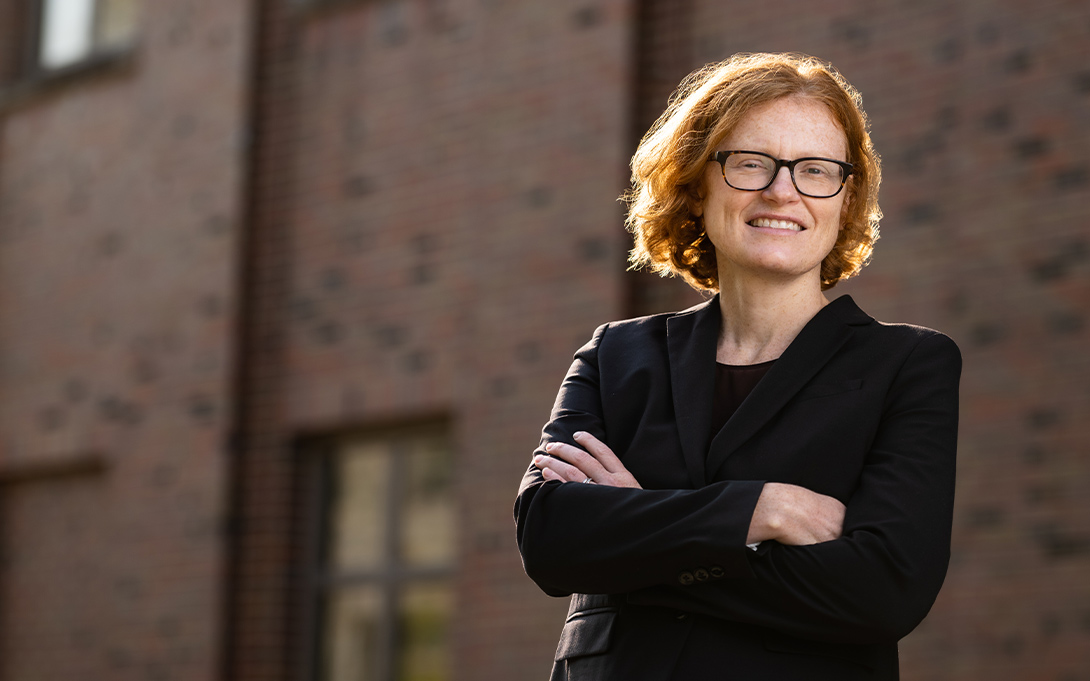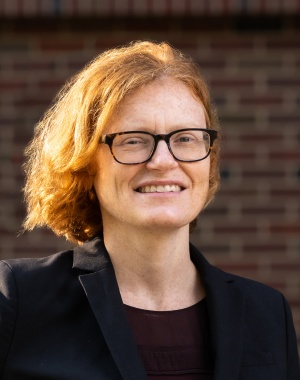
An article in HuffPost highlights the efforts in Boston to provide Universal Pre-K, and refers to the expertise of Christina Weiland, faculty co-director of the Education Policy Initiative (EPI). The Boston program was initiated in 2005, and since 2007, the Boston Early Childhood Research Practice Partnership (RPP) has been conducting research on the program and its wider implications for pre-K around the country. The RPP includes researchers from EPI and the Marsal Family School of Education, the Harvard Graduate School of Education, and MRDC and district partners in the Boston Public Schools Department of Early Childhood.
The article notes, "In other cities and states, the overwhelming priority has been on simply creating enough pre-K slots for all the families who want them, according to Christina Weiland, an expert on early childhood programs who has studied Boston’s program closely. And even some of the places that have made quality a priority haven’t applied the available research rigorously, Weiland told HuffPost."
“Boston has been really, really focused on quality for a long time, and very specific about what that means, in a way that not a lot of places have been,” Weiland said.
The district uses play- and evidence-based curriculum in Pre-K and maintains a staff of full-time coaches who visit classrooms regularly, offering teachers feedback and guidance. The idea, officials told HuffPost, isn’t simply to make sure teachers are using generic “best practices.” There’s an ongoing, clear focus on whether the curriculum’s lessons are getting through to the kids.
That may sound tedious, and it’s easy to imagine a version where the instructors resent the process. However, a recent study from the RPP found just the opposite.
Teachers said they liked the coaching in part because the communication goes both ways. They have a chance to weigh in on what they think is working and not working, with that information going back to the main office. Program administrators then use that information, along with what they are hearing from program directors, to refine the curriculum.
The article continues, "Early studies of Boston’s program by Weiland and other researchers produced a mixed picture. Kids showed up in kindergarten with marked improvement in language, literacy and mathematical ability, as well as the underlying 'executive function' and 'self-regulation' skills that undergird future success in school and adult life. But by the end of the third grade, the effects were much smaller. Research showed that most of the fade-out was in kindergarten and that, by the end of third grade, the boost had lasted only for students in schools with higher test scores overall.
A likely culprit, researchers reasoned, was the type of education kids were getting once they started kindergarten, where lesson plans focused on developing many of the skills the Boston pre-K graduates had already acquired, but through a relatively bland, less interactive style of learning and without the same rich content."
Boston has since aligned its kindergarten to second grade curriculum with Pre-K. The RPP has some preliminary evidence that this approach may be helping to sustain the Pre-K boost.
It concludes with one likely reason that Boston has been largely successful: "The city has hit upon an approach that can work elsewhere, as long as the community and its leaders are fully committed to success."
